
This logo isn't an ad or affiliate link. It's an organization that shares in our mission, and empowered the authors to share their insights in Byte form.
Rumie vets Bytes for compliance with our
Standards.
The organization is responsible for the completeness and reliability of the content.
Learn more
about how Rumie works with partners.
Your first college class starts next week.
During your orientation, you heard, "You must carefully use both rote and meaningful learning strategies."
You don't know what they mean, but you must understand both by next week.

No worries, you've got this!
Learning these techniques can help you structure your study time for maximum results.
Rote Learning
Do you remember multiplication flash cards from elementary school? You were repeatedly quizzed until you could answer them all correctly.
 Photo by Annie Spratt on Unsplash
Photo by Annie Spratt on UnsplashThis is an example of rote learning. Rote learning involves memorizing information through repetitive practice.
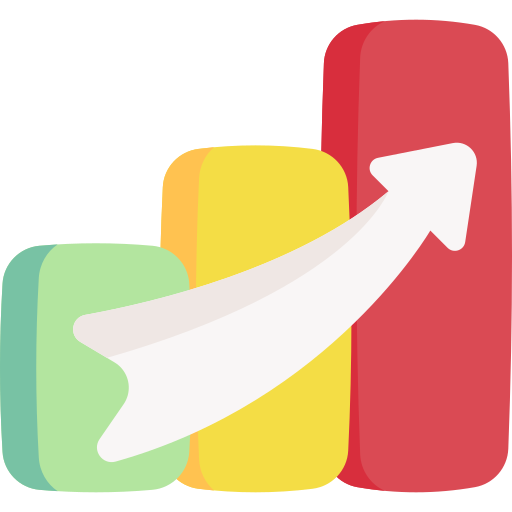 Advantages
Advantages
Leads to quick recall of important facts and key info
Great for foundational knowledge
 Disadvantages
Disadvantages
Doesn't allow for deep understanding of concepts
Doesn't connect to previous knowledge

Use rote learning when:
You need to memorize new terminology
You need to learn basic math concepts
You forgot to study for your psychology exam and the test is in 6 hours

Integrate rote learning into your study habits through repeated practice.
Use flash cards to help recall information
Practice the same problems and learning activities you encountered in class
Rote Learning Application
You'e explaining rote learning to a classmate. Which of the following examples could you use?
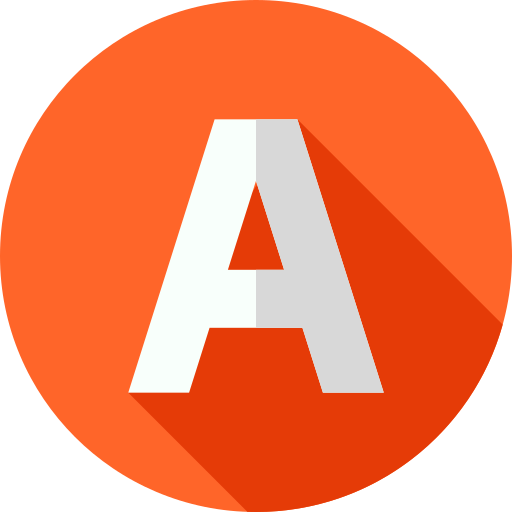 Study for your history test by re-reading the assigned chapters.
Study for your history test by re-reading the assigned chapters.
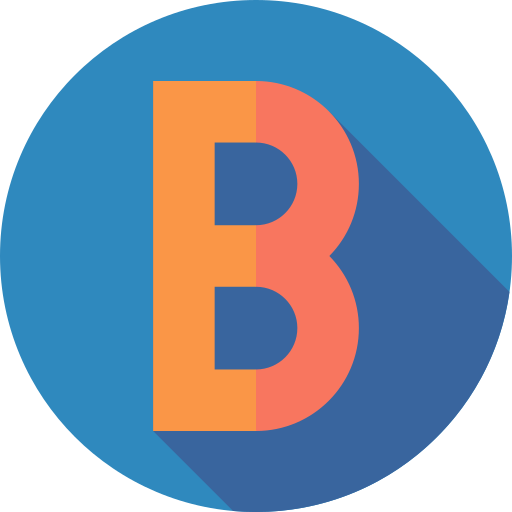 Use flash cards to memorize terminology that will be on your biology exam.
Use flash cards to memorize terminology that will be on your biology exam.
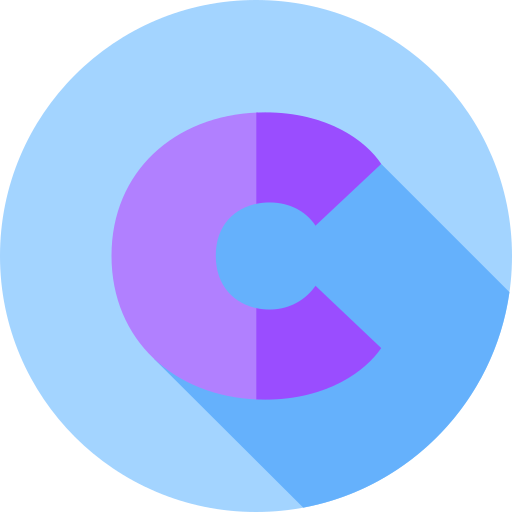 Create a short speech to practice for your speech class quiz.
Create a short speech to practice for your speech class quiz.
 Repeatedly label the parts of a cell body diagram.
Repeatedly label the parts of a cell body diagram.
Quiz
Select all examples that apply:
Rote learning focuses only on repetitive learning practices.
Did you know?
Rumie is a nonprofit community dedicated to making innovative learning free for everyone.
Meaningful Learning
Did you participate in a debate in high school? You had to research both sides of the issue and study information related to the topic. Then you applied the work to defend your position in the debate.

This is an example of meaningful learning. Just learning the information isn't enough. You need to apply that knowledge during an unscripted moment.
Meaningful learningrequires you to understand the concept and apply it in real-life situations.
 Advantages
Advantages
Leads to long-term recollection
Focuses on understanding
Enables active use of the knowledge
 Disadvantages
Disadvantages
It's time consuming
Requires developing a customized learning plan*
*For example, an ecology student may create custom questions like, "How would the local ecosystem change if the red fox was removed?"
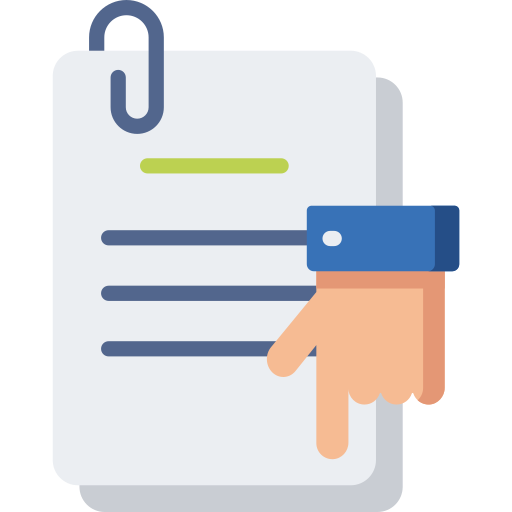
Use meaningful learning when:
You need to study complex systems
You need to understand a topic in depth
You need to apply knowledge

Integrate meaningful learning into your study habits through problems or scenarios.
Ask yourself "Are viruses alive"?
Think about what you'd do if you were the doctor in this scenario: "A patient complains: 'My neck hurts and my right arm feels like it's asleep.'"
Meaningful Learning Application
You're a psychology major and have a big test coming up. You'll be evaluated on all of the psychology theories you've learned this semester. Choose one of the following methods to prepare for the exam.
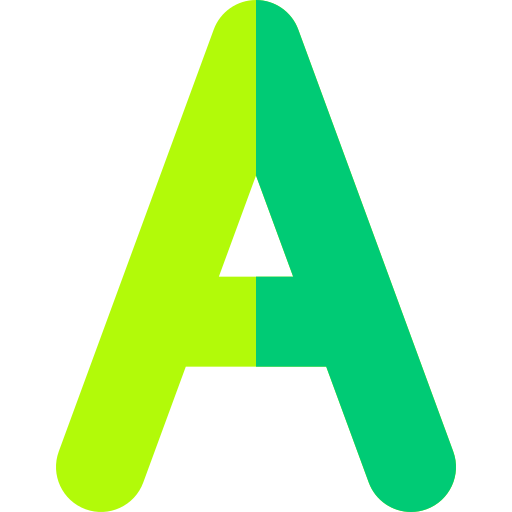 Study the notes you took in class. Then review the chapters and create flash cards for each theory and unknown term. Practice the flash cards for the week leading up to the exam.
Study the notes you took in class. Then review the chapters and create flash cards for each theory and unknown term. Practice the flash cards for the week leading up to the exam.
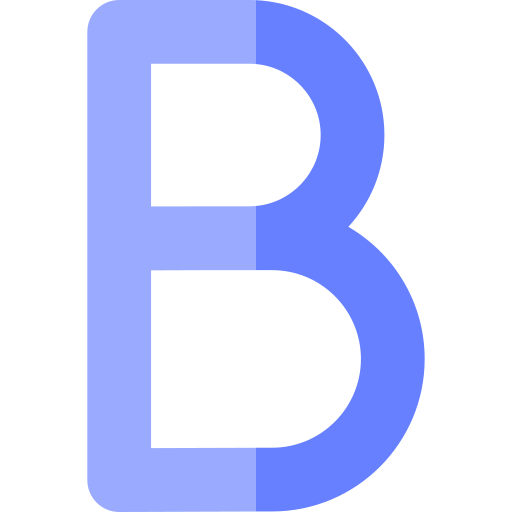 Complete the application questions at the end of each chapter. Then challenge yourself to find similarities and differences between the theories and how the theories are used in real-life situations.
Complete the application questions at the end of each chapter. Then challenge yourself to find similarities and differences between the theories and how the theories are used in real-life situations.
Quiz
Which option is the best representation of meaningful learning?
Using the review question to test yourself would require you to apply what you learned through meaningful learning strategies.
Take Action

This Byte has been authored by
Mandi Purcey
Multi-Unit-Manager